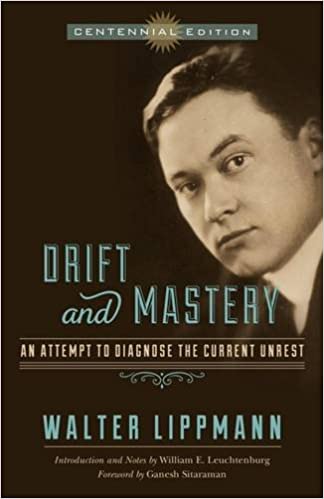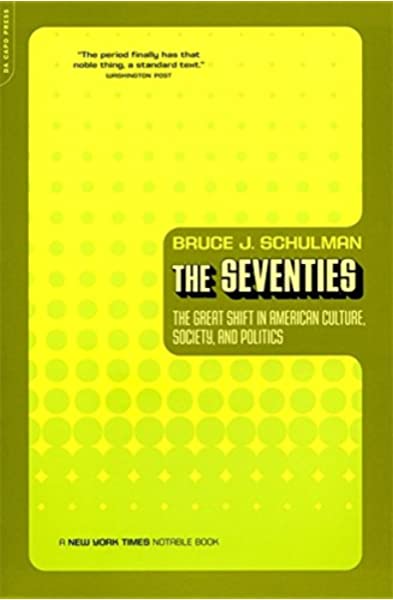Robert Putnam recommends 6 books on America's swinging ideology
The author recommends works by Alexis de Tocqueville, Louise Knight, and more
A free daily email with the biggest news stories of the day – and the best features from TheWeek.com
You are now subscribed
Your newsletter sign-up was successful
Robert D. Putnam is the author of Bowling Alone and other influential state-of-the-nation volumes. His latest, co-written with Shaylyn Romney Garrett, is The Upswing, which argues that we are historically due for a turn away from individualism.
Democracy in America by Alexis de Tocqueville (1835).
The man who coined the term "individualism," Tocqueville was perhaps the first observer to describe America's unique blend of liberty and equality, achieved through what he called "self-interest, rightly understood." Required reading for aspiring communitarians.
The Week
Escape your echo chamber. Get the facts behind the news, plus analysis from multiple perspectives.

Sign up for The Week's Free Newsletters
From our morning news briefing to a weekly Good News Newsletter, get the best of The Week delivered directly to your inbox.
From our morning news briefing to a weekly Good News Newsletter, get the best of The Week delivered directly to your inbox.
Drift and Mastery by Walter Lippmann (1914).

At a critical historical moment when the nation was drifting down an ever-darkening path, the 25-year-old Lippmann called on citizens to repudiate fatalism and embrace their role as agents of change. His book reads like a voice from the past exhorting today's youth to master the future of our democracy.
Citizen by Louise Knight (2005).
Citizen is a compelling biography of one of the most famous drivers of America's last upswing, Jane Addams. It illuminates her transformation from melancholy schoolgirl to intrepid social entrepreneur to powerful social justice activist. Addams was one of many reformers who helped turn Americans back toward each other and a shared understanding of the common good.
A free daily email with the biggest news stories of the day – and the best features from TheWeek.com
The Warmth of Other Suns by Isabel Wilkerson (2010).

This masterful chronicle of the Great Migration tells how millions of black Americans, their hopes dashed after Reconstruction, left the South for what looked like a brighter future in the North. It's an inspiring story of black Americans' persistent faith in the promise of the American "we," and their willingness to stand up and claim their place in it — essentially against all odds.
The Seventies by Bruce Schulman (2001).

For much of the 20th century, America was building an ever more "we" society. But in the late 1960s, that trend reversed and we made a sharp turn toward "I." Schulman's engaging history brings to life the crises — political, social, economic, and cultural — that set us on a path toward the hyper-individualism we're experiencing today.
The Common Good by Robert Reich (2018).

This slim volume is a clear-eyed manifesto reminding Americans of what is possible when we commit to cooperation. As Teddy Roosevelt once said, "The fundamental rule of our national life is that, on the whole and in the long run, we shall go up or down together."
This article was first published in the latest issue of The Week magazine. If you want to read more like it, you can try six risk-free issues of the magazine here.
-
 How the FCC’s ‘equal time’ rule works
How the FCC’s ‘equal time’ rule worksIn the Spotlight The law is at the heart of the Colbert-CBS conflict
-
 What is the endgame in the DHS shutdown?
What is the endgame in the DHS shutdown?Today’s Big Question Democrats want to rein in ICE’s immigration crackdown
-
 ‘Poor time management isn’t just an inconvenience’
‘Poor time management isn’t just an inconvenience’Instant Opinion Opinion, comment and editorials of the day